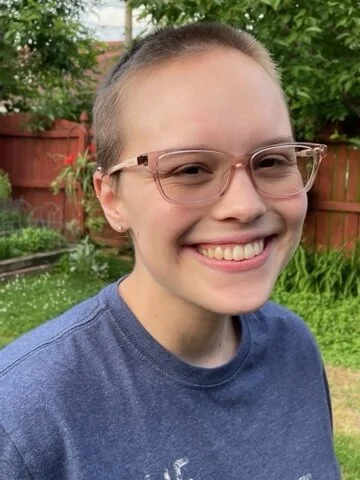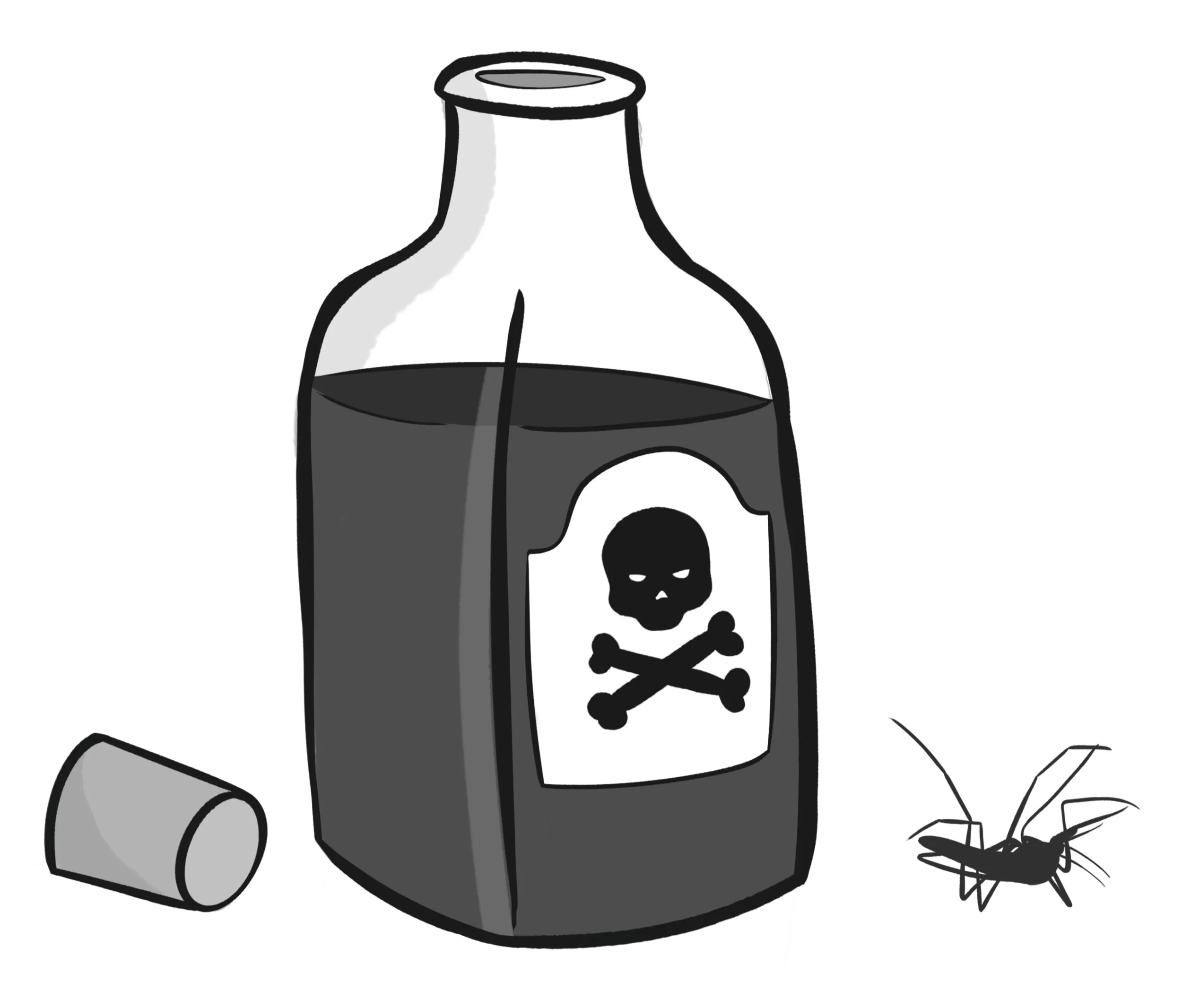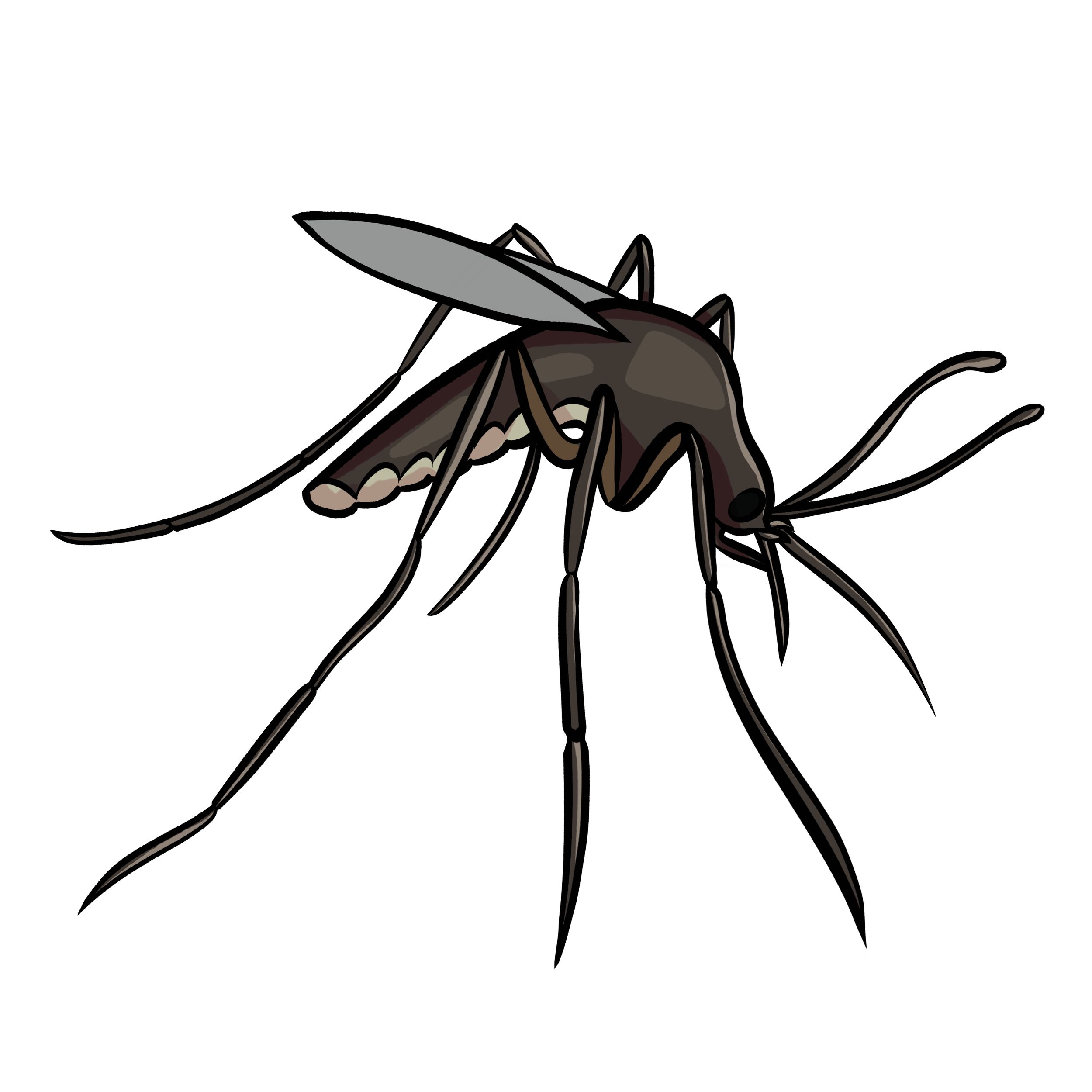HUMANS OF TYSON 2021
Delilah Sayer
(she/her)
Tyson Undergraduate Fellow
Science is a never-ending and always-changing process. Everything we have discovered at any point could be proven wrong. We’re always finding new stuff. I think that’s cool but also scary at the same time; to know that what we believe to be true, could also not be true... possibly. It’s very fun and exciting to be part of something like that.
Do you see your team’s work fitting into social change?
Pesticides often kill insects that are not the target of control.
I don’t know 100% how our work is going to change anything. The public has a very negative opinion of mosquitoes, which is understandable. Our aim is to see if we can somehow turn our research into a safe way to control mosquito populations, as opposed to poisons that we spray on everything, which kills everything. That could be a possible social change; getting people to be more environmentally friendly when they’re killing insects.
Have you had any moments in the lab or field when hope is eclipsed by setbacks?
Sometimes. Setbacks happen, whether we’re online or in person. Whether it's technological or something's wrong in the field. The other day Tyson had that whole power outage. My team has been slightly set back by that. Tyson is still running on generators as of yesterday. We had to adapt what we were doing that day and possibly for the rest of the week, depending on how everything was going. That’s a small and very fixable example!



